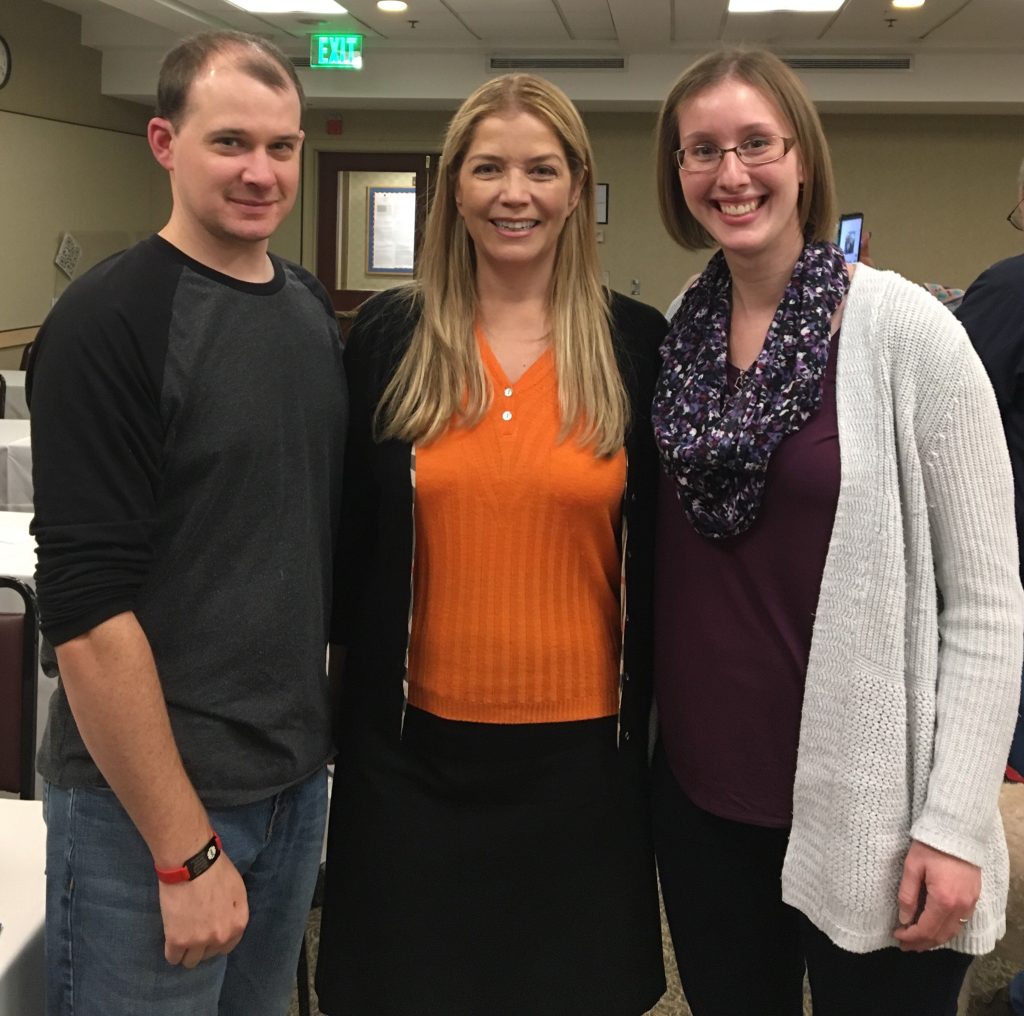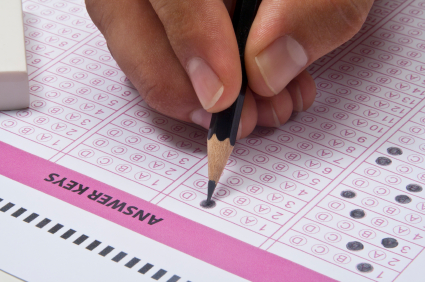Long term vs. short term: when is one preferable to the other in the treatment of psychogenic non-epileptic seizures?
Today I want to write about an experience I had a few weeks ago. I was speaking with some of my colleagues at a conference about working with patients who are diagnosed with PNES. Several of them explained that they had been working with patients who had been having seizures (some of them very frequent […]



